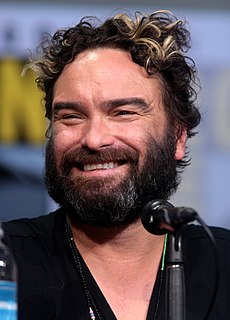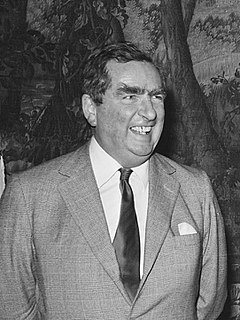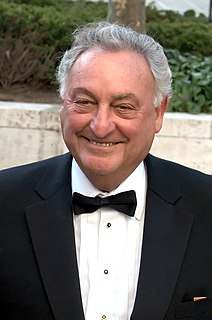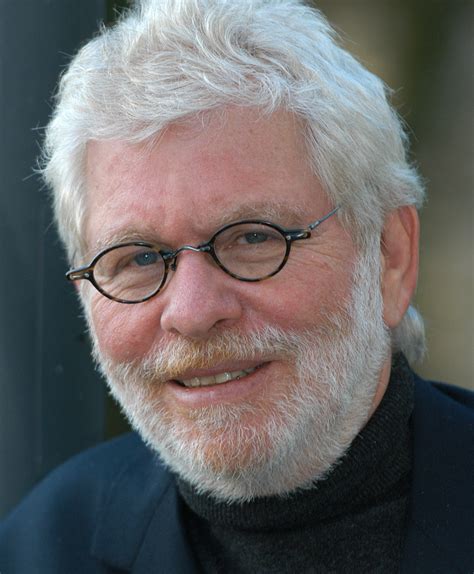A Quote by Christopher Hitchens
I was precocious enough to watch the news and read the papers, and I can remember October 1956, the simultaneous crisis in Hungary and Suez, very well. And getting a sense that the world was dangerous, a sense that the game was up, that the Empire was over.
Related Quotes
We sometimes emphasize the danger in a crisis without focusing on the opportunities that are there. We should feel a great sense of urgency because it is the most dangerous crisis we have ever faced, by far. But it also provides us with opportunities to do a lot of things we ought to be doing for other reasons anyway. And to solve this crisis we can develop a shared sense of moral purpose.
In America, there's a very long tradition of a comic strip that comes in newspapers, which is not true all over the world. To sell papers, they put color comics in. It's worked, up until now. Now these papers can't afford it. They always had minuscule ad budgets, and now the things which people probably read these papers for are gone.
I've kind of fallen out of love with politics. ...Whatever experience and talents I've gained over the years -- I think it may well be that the highest and best use of that is to try to bring enough awareness of the solutions to the climate crisis and enough of a sense of urgency that we come together across party lines on behalf of our children.
Once efficiency is universally accepted as a rule, it becomes an inner compulsion and weighs like a sense of sin, simply because no one can ever be efficient enough, just as no one can ever be virtuous enough. And this new sense of sin only contributes further to the enervation of leisure, for the rich as well as the poor. The difficulty of carrying on a leisure-oriented tradition of culture in a work-oriented society is enough in itself to keep the present crisis in our culture unresolved.
Hungary has no raw materials and no major energy sources; we have some agricultural background. So what we produce here in Hungary is the result of our labor and minds, and then we have to sell it to the world. If we are not able to do that, if we are not innovative enough, if we are not modern and open enough, we can't do that.

































